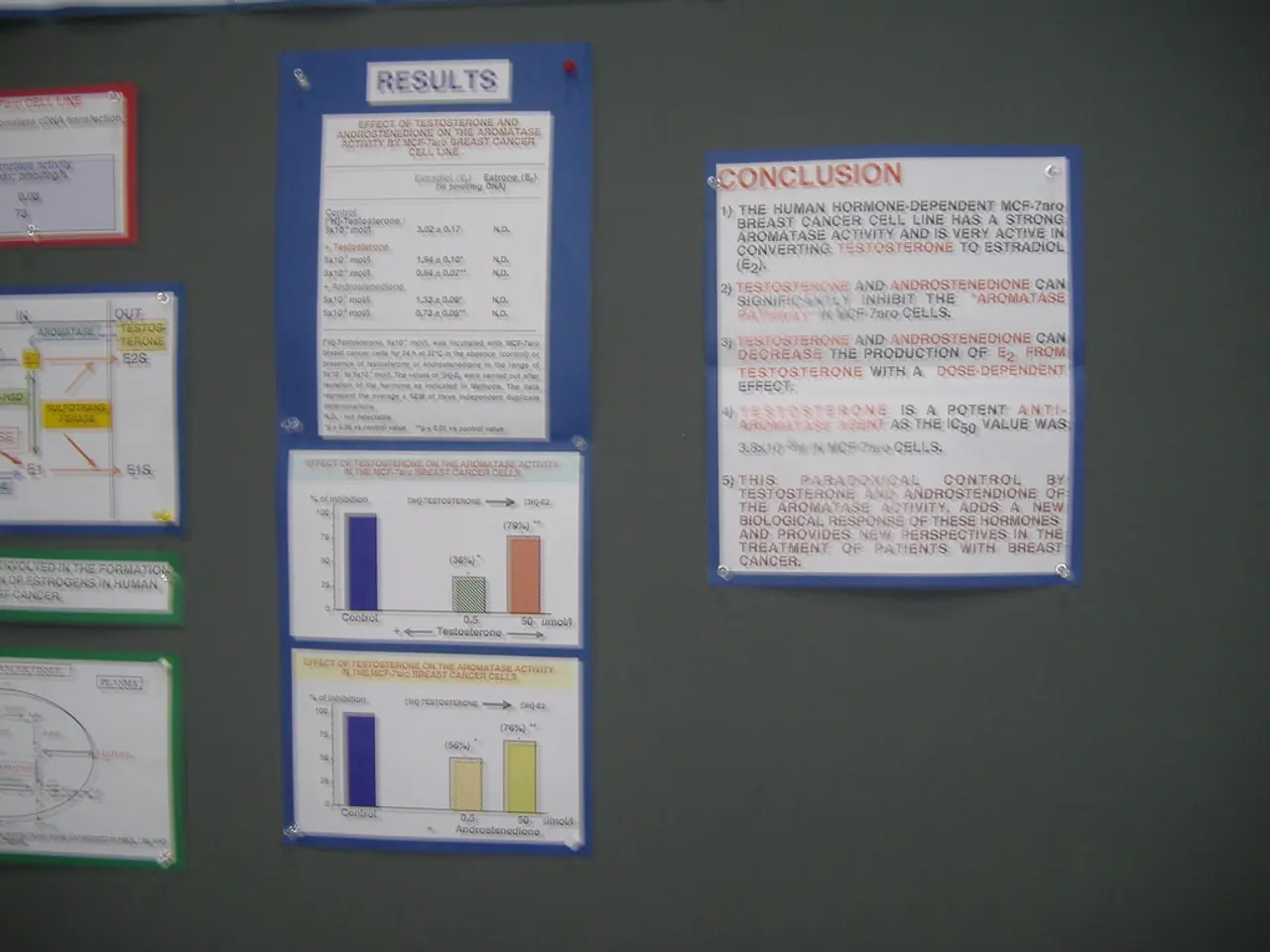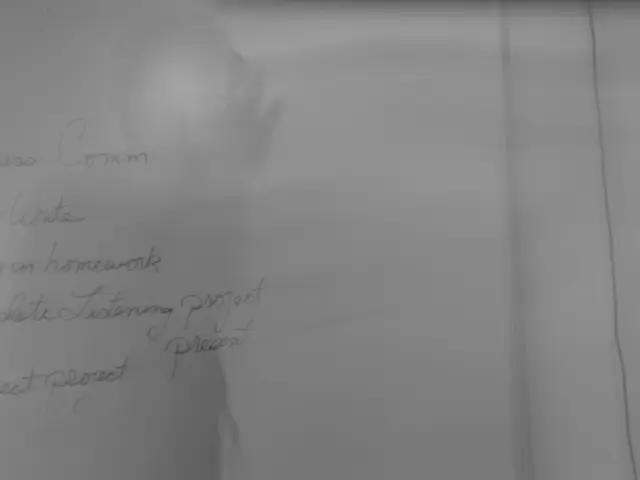South Africa's Treasury Intends to Bolster Fiscal Supervision Through Digital Tools in the 2026 Budget Plan
South Africa Announces Reforms for 2026 Medium-Term Expenditure Framework (MTEF)
The South African government has unveiled a set of reforms aimed at modernising and improving the budget process, as outlined in the 2026 MTEF guidelines. These reforms are designed to address fiscal, institutional, and political challenges, with the ultimate goal of placing the country on a sustainable fiscal path and improving governance and developmental results.
The guidelines, formally approved by the South African Cabinet, mark the first step in the reform process. They outline key actionable reforms to address the challenges identified in the budget process review, such as fragmented decision-making, poor policy-budget alignment, and weak consensus on trade-offs in a context of competing priorities and limited fiscal space.
One of the main mechanisms for change is the introduction of Targeted and Responsible Savings (TARS). This new mechanism will identify and eliminate low-priority or underperforming programs from the budget, thereby reducing aggregate expenditure. The savings from this process will be reallocated to higher-priority government programs, helping to align the budget more effectively with policy priorities.
Another key reform is the improvement of fiscal strategy alignment. The reforms embed a fiscal strategy that supports macroeconomic stability, infrastructure investment, state capability, and economic reform. Binding fiscal anchors will be widely consulted to prevent future imbalances.
The 2026 MTEF also aims to rectify structural budget flaws, enhance transparency, and use digital tools for budget management. Digitization of the MTEF calendar and related deliverables via platforms like Microsoft Planner and PowerApps will enable real-time tracking and better coordination between the National Treasury and departments. Technology will also be leveraged to eliminate "double-dipping" in social grants and other programs, enhancing fiscal discipline and reducing waste.
The reforms also shift from incremental to strategic budgeting, aiming to improve the credibility and quality of budget submissions and to focus resources on programs that demonstrate high impact and effectiveness. Departments will have greater responsibilities for treating the guidelines as reflecting Cabinet expectations and public demand for better governance.
In summary, the 2026 MTEF reforms focus on clearer prioritization and trade-offs, efficiency gains through targeted savings, better policy-budget alignment, enhanced transparency, use of digital tools for budget management, and stronger fiscal discipline. These reforms are expected to support South Africa's long-term fiscal objectives and national development priorities.
The 2026 MTEF Technical Guidelines have been issued in accordance with the Public Finance Management Act (PFMA). Key aspects of the reforms include an annual audit of ghost workers and payroll irregularities, a review of the budget process, a review of public entities remuneration, updates on proposals for public entity and departmental rationalization, and a review of infrastructure conditional grants.
The outcomes of new sectoral reviews, such as the Active Labour Market Policy (ALMP), will be considered in the 2026 MTEF. Previous work will be updated where appropriate to inform implementation in the 2026 MTEF. The personnel expenditure review completed by the Department of Public Service and Administration (DPSA) will also be implemented in the 2026 MTEF.
The South African government has committed to a more disciplined, transparent, and strategically aligned budget process for the 2026 fiscal year. The fiscal objectives from the 2025 budget, including stabilizing the debt-to-GDP ratio, achieving a primary surplus, expanding infrastructure investment, and supporting social wage, will continue into the 2026 budget.
Sources:
[1] South African Treasury, "Medium-Term Expenditure Framework (MTEF) 2026 Technical Guidelines," URL
[2] South African Treasury, "Budget Review 2021: A New Fiscal Compact for South Africa," URL
[3] South African Treasury, "Budget Speech 2021: A New Fiscal Compact for South Africa," URL
The South African government, as part of the 2026 Medium-Term Expenditure Framework (MTEF), aims to leverage technology to enhance fiscal discipline by digitizing the MTEF calendar and eliminating "double-dipping" in social grants and other programs (technology, fiscal discipline). In the midst of these reforms, the government also plans to address budget flaws, improve transparency, and realign fiscal strategy to support infrastructure investment and macroeconomic stability (infrastructure, finance, business).




